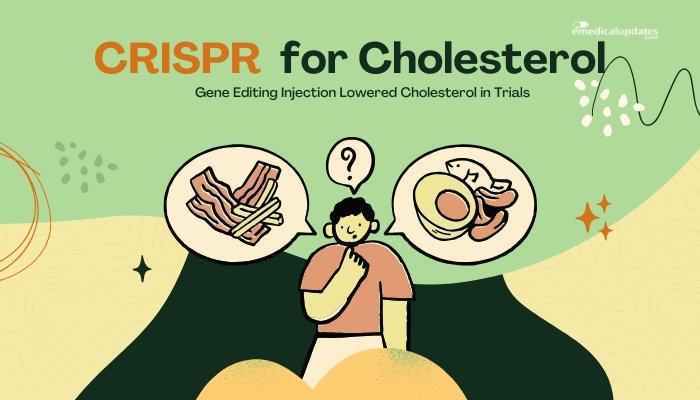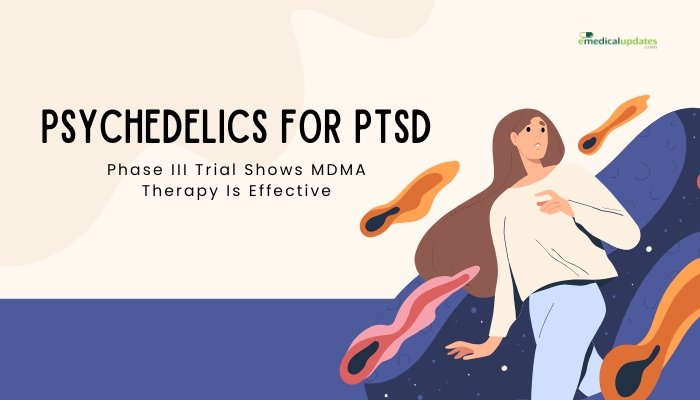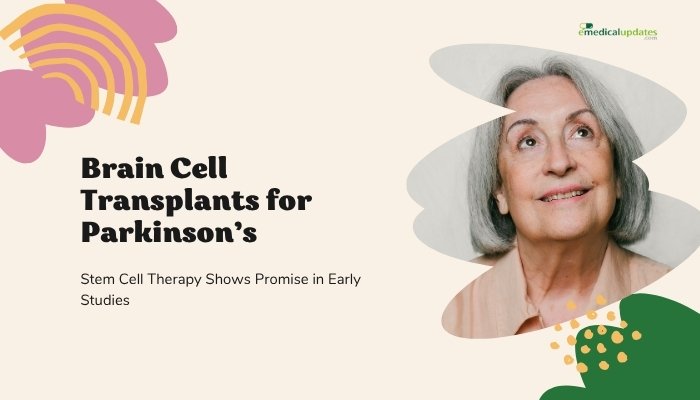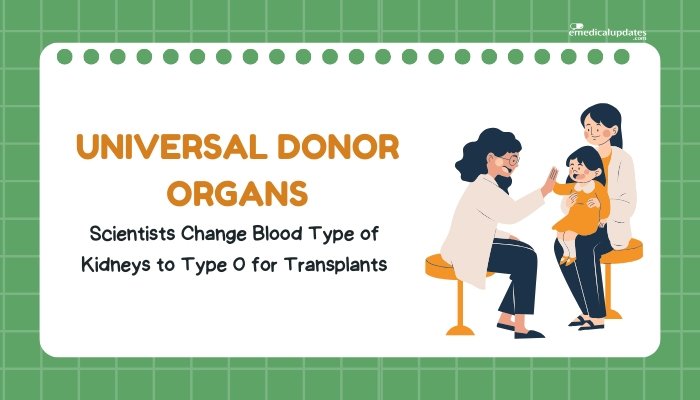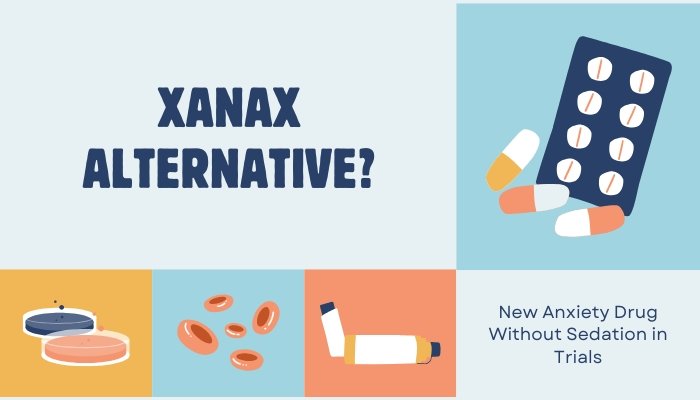Introduction
Depression affects millions worldwide, yet conventional antidepressants don’t always deliver sufficient relief—or may take weeks to kick in. Now, researchers are revisiting psilocybin—the psychoactive compound in “magic mushrooms”—as a fast-acting therapy for treatment-resistant depression.
Promising clinical trials demonstrate notable, sometimes immediate improvements in mood, with benefits lasting weeks or even months after just one or two guided sessions. This article examines the latest study on psilocybin for depression, how the therapy is structured, and what the future holds for integrating psychedelics into mental healthcare.
The Rationale for Psilocybin Therapy
Limitations of Current Antidepressants
- Delayed Onset: SSRIs and other standard drugs can require four to six weeks for full effects.
- Residual Symptoms: Many individuals remain partially or fully resistant, cycling through multiple medications.
- Side Effects: Sexual dysfunction, weight gain, or emotional blunting can hamper adherence.
Psilocybin’s Unique Mechanism
Psilocybin exerts powerful effects on serotonin receptors (particularly 5-HT2A), temporarily altering brain connectivity and emotional processing. When combined with professional guidance, it may help patients revisit and reframe negative thought patterns in an “open” mental state. This shift can lead to sustained relief from depressive symptoms.
The Latest Psilocybin Study
Study Design
Recently, a Phase II clinical trial tested psilocybin-assisted therapy in patients with moderate to severe depression who hadn’t responded well to at least two standard antidepressants. The protocol included:
- Screening and Preparation: Participants underwent baseline psychological assessments and training on navigating potential hallucinatory effects.
- Single Psilocybin Session: High-dose psilocybin administered in a controlled, supportive environment with therapists.
- Integration Therapy: Post-session counseling to help interpret experiences and reinforce positive mental frameworks.
Key Outcomes
- Significant Depression Improvement: On standardized scales (e.g., MADRS or PHQ-9), patients reported major symptom reductions, many lasting multiple weeks.
- Rapid Onset: Some participants noted mood uplift within a day or two.
- Safety and Tolerability: Common side effects included transient anxiety, intensified emotions, or mild nausea during the session. No severe adverse events were reported.
Comparison to Control Groups
While some trials used active placebos or typical antidepressants as comparators, psilocybin generally showed superior or faster symptom relief. Ongoing or larger-scale Phase III studies will clarify robust efficacy and confirm minimal risk in real-world populations.
How Psilocybin Therapy Works
Guided “Psychedelic Experience”
Therapists or psychiatrists remain present during the psilocybin session. Known as “psilocybin-assisted psychotherapy,” this approach fosters:
- Deep Introspection: Patients often confront negative core beliefs in a more malleable mental state.
- Emotional Breakthroughs: Some describe it as a spiritual or transformative experience, catalyzing reappraisal of self and life circumstances.
Lasting Neural Changes
Neuroimaging research indicates psilocybin can temporarily reorganize neural networks, reduce rigid thought patterns, and increase “brain plasticity.” Such neural rewiring may lay a foundation for the enduring antidepressant effects.
Integrating Psilocybin into Mainstream Care
Regulatory Pathways
As evidence mounts, regulatory agencies like the FDA have granted Breakthrough Therapy status to psilocybin for certain depression diagnoses, expediting clinical trials. If Phase III results remain positive, full approval could follow, potentially within a few years.
Clinical Delivery
Psilocybin is not simply “a pill.” Instead, specialized clinics or licensed centers must facilitate:
- Screening: Excluding individuals with psychosis risk or unstable conditions.
- Supervised Administration: Certified therapists in calm, safe surroundings.
- Integration Sessions: Post-experience counseling to harness insights gleaned during the session.
Ethical and Access Considerations
Some worry about cost, insurance coverage, and equitable access. Others raise concerns about ensuring safe administration—especially as the potential for non-clinical or recreational use persists. Government guidance and professional training protocols aim to maintain patient safety.
Frequently Asked Questions
- Is psilocybin legal for depression treatment now?
- Not widely. Certain regions (e.g., Oregon, Colorado) have decriminalized or regulated it, but formal FDA approval for depression remains pending.
- How many sessions are needed?
- Typically one or two high-dose sessions, plus preparation and integration therapy. Some patients may require follow-up or booster sessions.
- Are there risks of a “bad trip”?
- The structured environment and therapist support minimize distress. Anxiety or challenging emotions can arise but are managed therapeutically.
- Does it replace regular antidepressants?
- Possibly for some patients. Clinical guidelines remain under development, and the combination with standard meds might be approached cautiously.
- Who is not a candidate for psilocybin therapy?
- Individuals with active psychotic disorders, certain heart conditions, or a high risk of mania typically need alternative approaches. Medical screening is essential.
Conclusion
Emerging data strongly suggest psilocybin-assisted therapy can yield rapid, profound relief for people with treatment-resistant depression, often after just one or two sessions. By combining a potent altered-state experience with professional guidance, patients may rewrite entrenched negative patterns and find renewed motivation or emotional resilience. As Phase III trials continue, mainstream acceptance and possible regulatory approval could position psilocybin therapy as a groundbreaking alternative in psychiatric practice—offering new hope to those left behind by conventional antidepressants.
Yet important details—like standardized dosing, careful screening, and structured therapeutic support—are crucial to harnessing psilocybin’s benefits responsibly. If subsequent research confirms these findings in broader populations, the integration of psychedelics into mental healthcare may become more normalized, reshaping depression treatment for years to come.
References
-
- Carhart-Harris RL, Goodwin GM. (2017). “The therapeutic potential of psychedelic drugs: past, present, and future.” Neuropsychopharmacology.
-
- Griffiths RR, et al. (2018). “Psilocybin and the future of mental healthcare.” J Psychopharmacol.
-
- Compass Pathways & MAPS Press Releases (2023). “Phase II/III psilocybin trials for major depressive disorder.”
-
- Muttoni S, Ardissino M, John C. (2019). “Classical psychedelics for depression and anxiety: A systematic review.” J Affect Disord.


